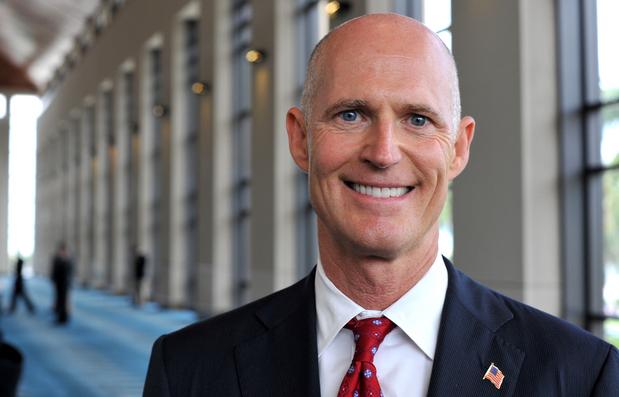On June 26, Florida Governor Rick Scott signed a bill into law that not only has a large impact on protections for dealers against manufacturers in Florida but could also have larger effects on other states. The bill was passed unanimously by the Senate and passed 104 – 12 in the House. The legislation addresses issues that have made relationships between dealers and manufacturers complex and oftentimes difficult; namely renovation stipulations and incentives. Here are three ways the new Florida dealership protection law benefits dealers within the state.
1. Dealers are only required to renovate their storefronts every ten years.
In 2012, a Nissan dealer in Florida spent $2 million dollars to renovate their building according to the Gainesville Sun. Fast forward to 2017, and a Palm Chevrolet dealer in Ocala is beginning a multimillion-dollar renovation on their store. While there is some truth that keeping up a modern appearance can help keep dealers competitive in a tight market, frequent renovation costs can disrupt the budget and business logistics of local dealers. Dealers are forced to balance their selling practices with the sometimes stringent storefront requirements of manufacturers.
In a San Diego Tribune article, David Whitson, an auto industry analyst for Morningstar Inc. in Chicago, IL, said “the threat of losing franchise agreements with manufacturers made dealers feel as if they did not have any other option but to spend large amounts on costly renovations that may or may not have a return on investment.” This section of the amendment protects dealers in Florida from these issues and allows limits on the renovation requirements manufacturers can put them under.
2. Dealers are still eligible for incentives from the manufacturer even if they do not update within ten years.
Many times, manufacturers will offer incentives for dealerships to modernize their storefronts. However, these benefits and incentives can be pulled if the dealers do not adhere to the specifications of the franchise agreement. A recent program by General Motors provided bonus cash, and a dollar-for-dollar amount for dealerships to upgrade their showrooms to brand standards. While this program can steer a dealer in the direction of an upgrade, the Florida law would make a local dealer eligible for this program regardless of whether they went through with a full-scale renovation if they completed one every ten years. This part of the legislation allows dealers to select the benefits and incentives that work for them without the pressure of committing to a storewide renovation.
3. Manufacturers cannot create unfair performance standards for dealers without an explanation in writing that the standards are “designed, calculated, established and uniformly applied”
In New Jersey, New York and Maryland dealers have had to contend with ambiguous performance measurements and unclear language as to how they are enforced. In 2013, a New Jersey Kia dealer filed a suit against Kia of America for threatening to terminate their agreement due to poor sales. The dealer argued that Kia America did not act in good faith and implemented unreasonable selling standards since he was not given enough inventory to work with. This situation creates a conflict since selling trends can fluctuate with inventory (as in the previous example), season, location or the current state of the economy. This third benefit requires manufacturers to establish fair performance metrics for Florida dealers, and provide clear reasons to why they have been altered. Dealers will not be in the dark about what is required of them, which is nothing more than fair.
Summary
The Florida dealership protection law eases the amount of time and money dealers are required to put into renovations, and also diminishes the chance for unclear contract language regarding performance expectations on the side of the manufacturer. Florida is not the only state to establish laws to protect dealers on these issues. New Hampshire, Colorado and California all have recently passed legislation addressing renovation limits and performance standards. The intervention of Congress in these matters may become more common as manufacturers like Tesla challenge the role of the dealer in the car buying process. For now, the Florida House and Senate have shown that the role of the dealer in their state is important, and they have made it a priority to protect their interest.








